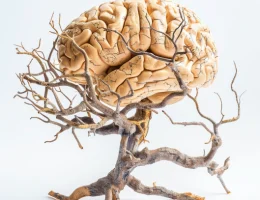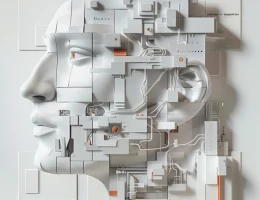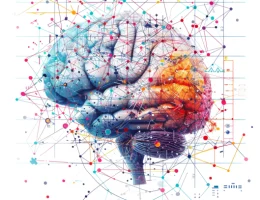The study by Kipp et al. (2015) investigates how children born preterm process recognition memory. By examining both familiarity- and recollection-based retrieval, the research provides valuable insights into the cognitive differences associated with prematurity and its impact on hippocampal development. Background Prematurity is often linked to reduced hippocampal volume, which …










